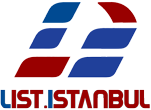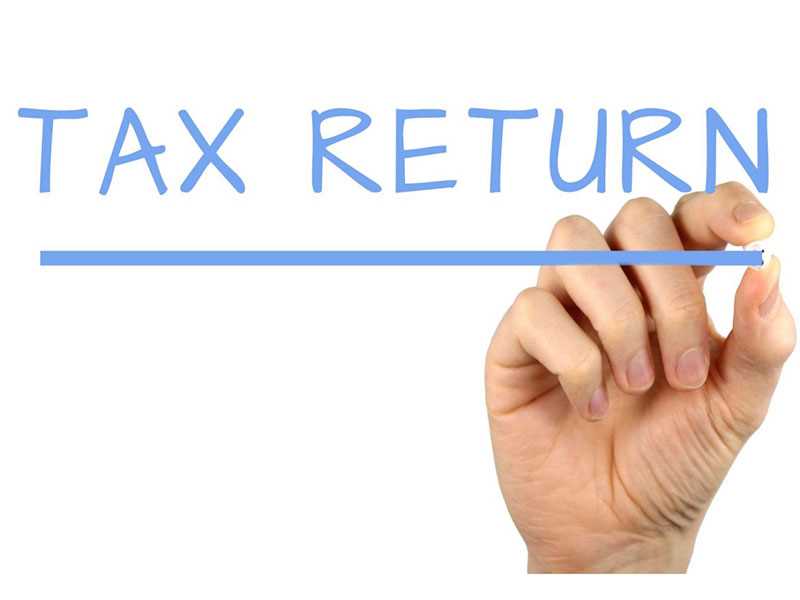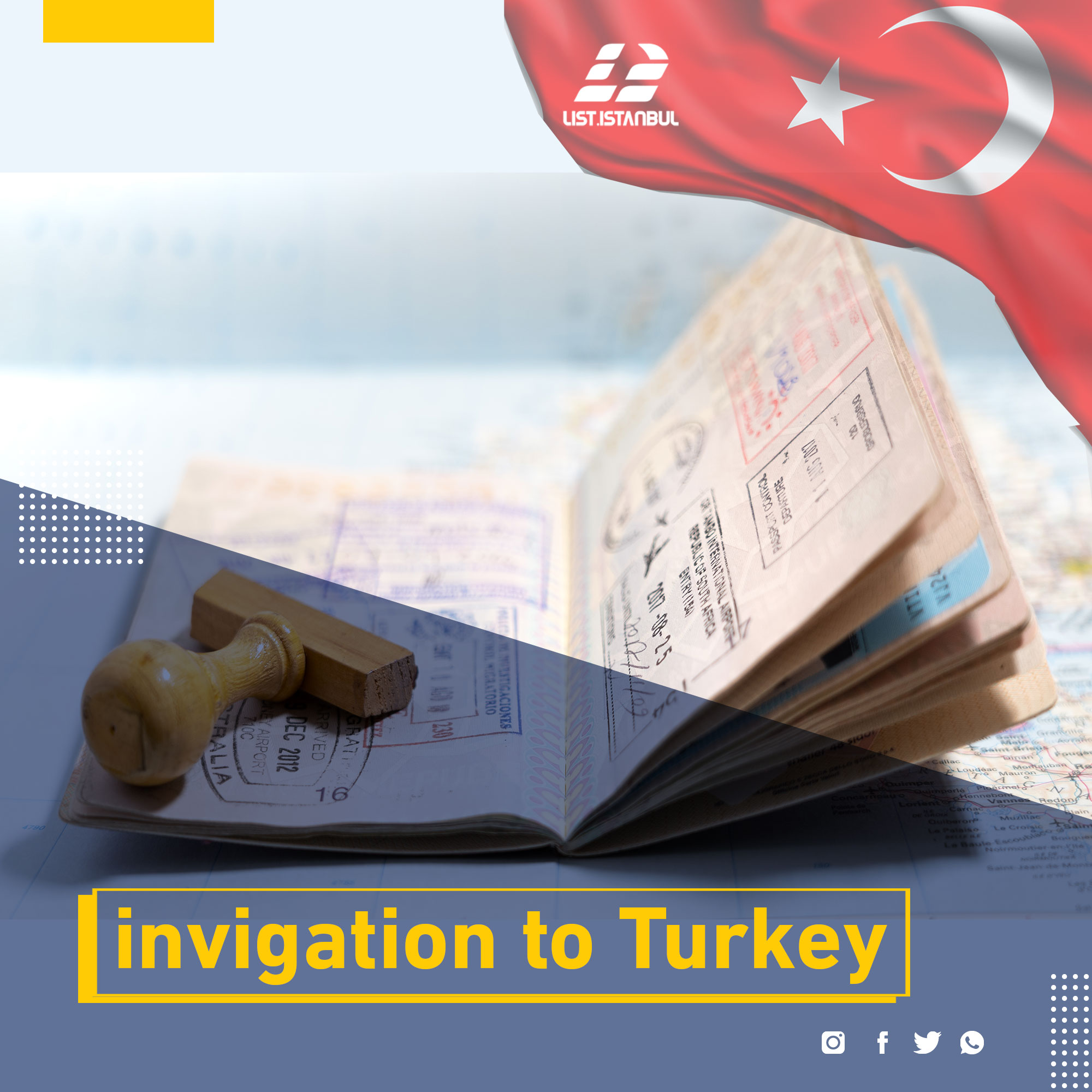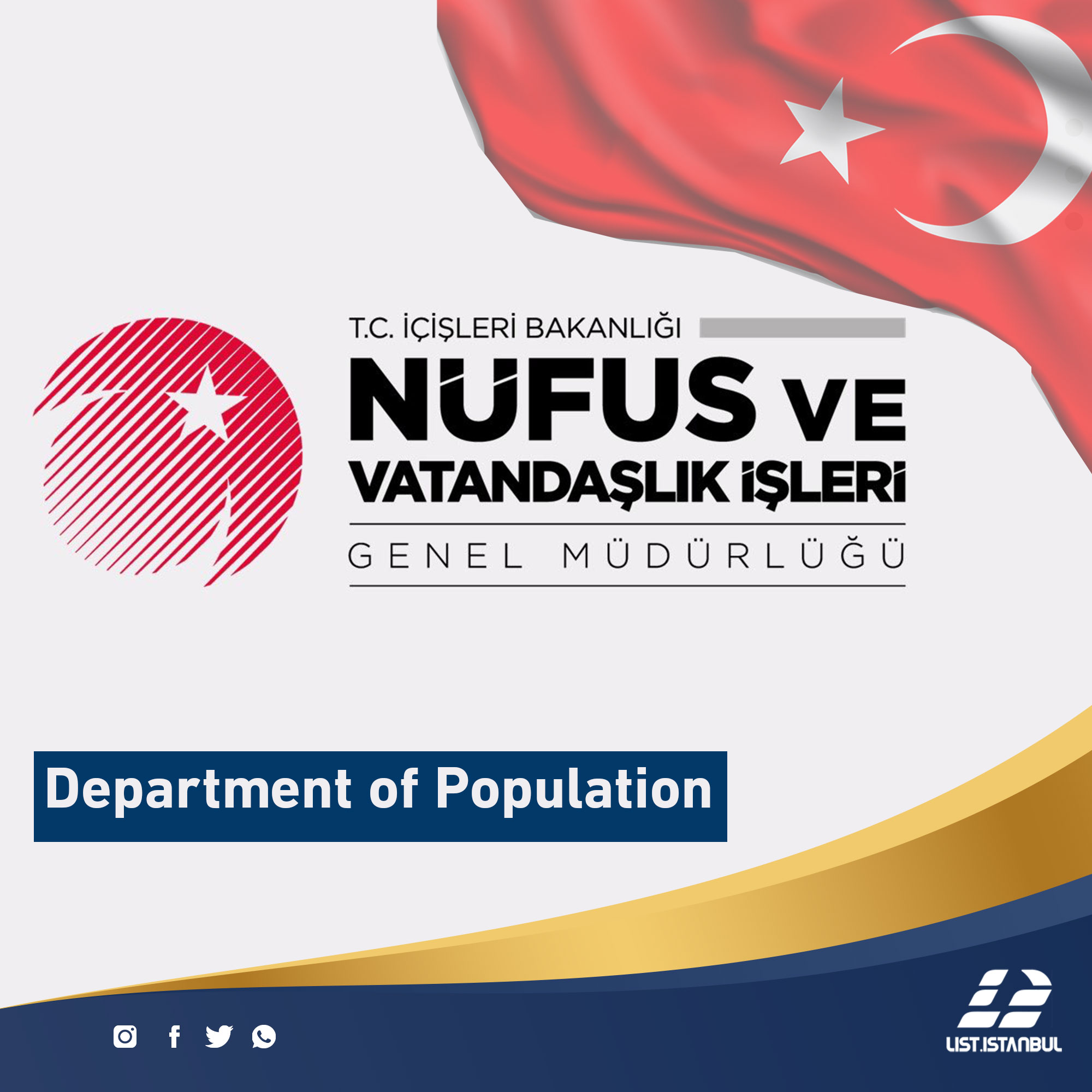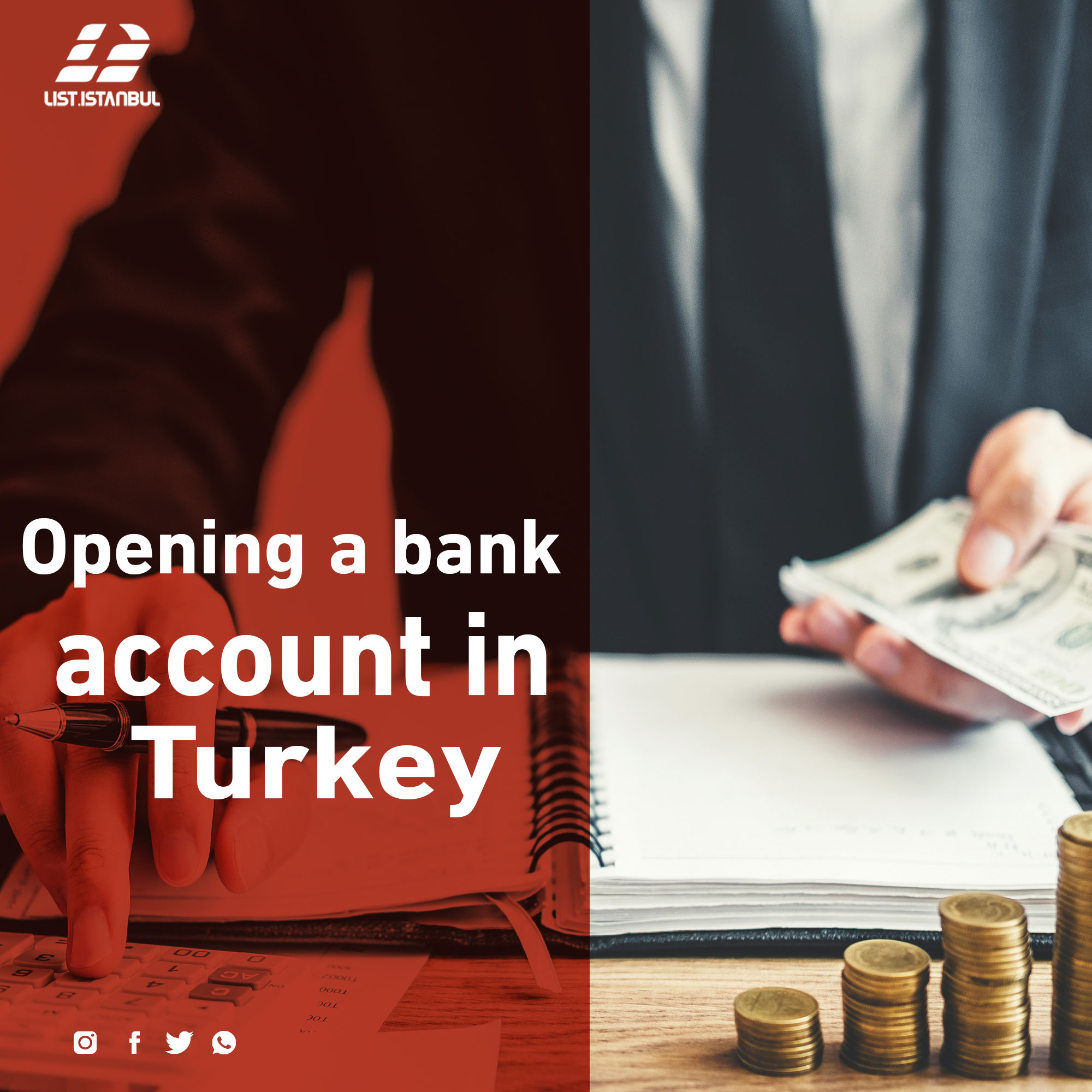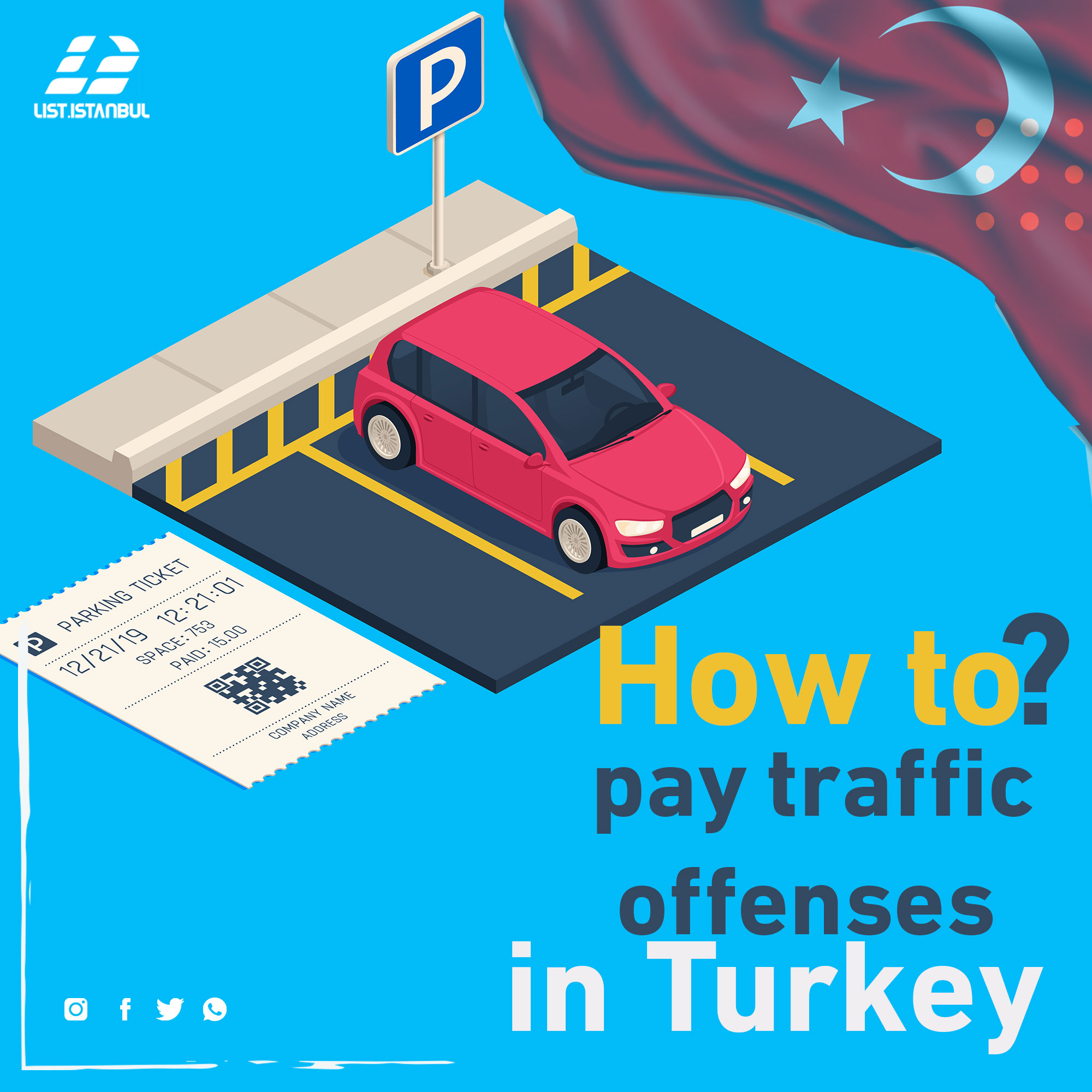Turkey is one of the countries with many types of taxes, so every kind of taxes imposed in Turkey a certain way.
Tax law in Turkey classifies taxes into three types:
Income taxes
Taxes on expenses
Taxes on wealth
First: Taxes on income
This type of tax includes two basic types, namely income tax and corporate income tax. The income tax of the individual and the corporate income tax are subject to several laws, rules and provisions, taking into account the need to take into account the application of the income tax of the individual to the companies, through the elements of income, and determine the net income, and therefore each has certain ratios in their application as follows:
Income tax
The income of people in Turkey is subject to 15 per cent to 35 per cent per capita income, where per capita income is calculated by determining the annual income of the individual by calculating all gains and returns within one year. The annual income may be made up of: Commercial income, agricultural profits, salaries and wages, income from personal services, income from property and immovable property "income from rent", income from movable property (income from capital investment) and others.
According to the Turkish Tax Code, the tax system for individuals is based on two conditions based on the system of residence, including the following:
- Taxpayers residing in Turkey are persons residing in Turkey, persons who spend more than six months of stay in Turkey per year, where the individual's income tax is applied to their earnings and the income they have in Turkey and abroad.
- Non-resident taxpayers in Turkey: This is a tax applied to people who do not reside in Turkey and who spend less than six months in Turkey per year, which are imposed on the gains they make and the income they earn in Turkey.
Corporate income tax
The company's income tax is applied to the legal entities of these companies, which is estimated at 20%, which includes (capital companies, cooperative societies, general economic establishments, economic establishments that are owned by institutions, associations and joint ventures) Based on their income derived from Turkey and other countries, since they are classified as residents. If the location and location of the legal and commercial centers in Turkey is not identified, they are considered to be non-residents of Turkey and are subject to taxation through their income derived from Turkey only.
Resident companies are subject to intermittent tax of 15% by paying dividends to shareholders. Dividend paid does not include resident companies for tax deductible, such as an increase in the share capital of the company using retained earnings, which is not considered a dividend. Therefore, the intermittent tax is not applied to dividends. Non-resident companies are subject to a 15% intermittent tax by transferring these profits to the main headquarters. This intermittent tax is applied to the amount after the income tax is deducted from the profits of the branch. Pay the tax.
Second: Taxes on expenses
The taxes on expenditures include several types of taxes. Each type of tax has special items. Accordingly, the expenditure tax is classified into four categories, as follows:
- Value Added Tax
- Taxes on private consumption
- Taxes on banking and insurance transactions
- Taxes on stamps
Value Added Tax
A tax applied in Turkey, estimated at 1%, 8%, 18%. It includes all commercial and industrial activities, in addition to goods and free activities, including goods entering the country through imports.
Therefore, the process of tax rates on the materials and services is constantly changed, and the tax rates for the materials are announced through the issuance of lists and lists to be announced, and therefore each of the quality of materials and have an added tax rate different from the other, including the following:
- The 1% VAT rate is imposed on driers, nuts, seeds and grains, vegetables, newspapers, newspapers, transport services and funerals, as well as used transport media.
- 8% VAT is levied on foodstuffs, animals, cotton fibers, yarns, shoes, bags, and some medical instruments and agricultural machinery.
- VAT is charged 18% on telecom services.
Other services are exempt from VAT, including the following:
- Goods and services prepared for export.
- Mobile roaming in Turkey for people outside Turkey's borders, but is required to comply with the international roaming agreements that Turkey expects.
- Some manufacturing services are offered to customers in free zones.
- Activities in which oil is mined.
- Services provided for aircraft and ships in ports and airports.
- Transit Shipping.
- Transit Transport.
- Supply of machines and equipment in the form of investment certificate.
Taxes on private consumption
Private consumption tax is applied only once, and this tax is constantly changing.
There are four groups of the main products in Turkey subject to the consumption tax for different tax rates as follows:
- Oil derivatives, natural gas, mineral oils, and solvent derivatives.
- Cars and other means of transport, such as motorcycles, buoys and yachts.
- Tobacco and its derivatives and alcoholic beverages.
- Luxury and entertainment products.
Taxes on banking and insurance transactions
This tax is applied to banks, insurance companies and banking transactions, where they are applied to the proceeds earned by banks from loans and interest, and the tax rate of bank and insurance transactions is 5%. However, a 1% tax is levied on interest earned from interbank transactions .
Stamp Duty (Fee Fees)
The stamp duty is applied to each of the contracts, debt securities, capital subscriptions, letters of credit, letters of credit, e-mail, letters of credit and guarantee, and tables that include salaries ranging from 0.189% -0.948%, sometimes determined as a percentage determined from the price of the document and also determined as lump sum In some documents.
Third: Taxes on wealth
There are three types of wealth taxes:
Property Taxes
Buildings, apartments and also loans that are owned by Turkey are included in the real estate tax rate ranging between 0.1% and 0.6%, and also impose for the preservation of immovable cultural property, and be 10%.
Car taxes
Car taxes are based on fixed amounts and are estimated based on the age of the vehicle and the engine's capacity.
Inheritance and gift taxes
This tax is imposed by 1% to 30%.
Tax incentives
Tax incentives provide foreign investors with equal opportunities for local investors, both of whom benefit from:
- The General System of Investment Incentives.
- Regional System of Investment Incentives.
- The system of large-scale investment incentives.
- Strategic System of Investment Incentives.
The investment incentives system has been designed to encourage investments while reducing reliance on the import of vital commodities for some strategic sectors. The main objectives of the system are as follows:
- Reduction of current account deficit.
- Increased investment support in less developed regions.
- Upgrading the means of support.
- Encourage group activities.
- Supporting investments that transfer technology.
In order to encourage the investment incentives system, several tools have been activated to stimulate the following:
- Exemption from customs duties by exempting the imported machinery and equipment for projects that have obtained the investment incentive certificate.
- Exemption from Value Added Tax This is special for machines purchased from Turkey or imported for projects with an investment incentive certificate.
The regional system of investment incentives is implemented by identifying the region to be supported according to the region's potential and local economic level. The intensity of the support varies depending on the level of development in the regions. Therefore, the specific priority investment areas that will be supported through the tools of Industrial Zone No. 5 Consider the area in which the investment is made. These are:
- Tourism investment in areas of protection and development of culture and tourism, and the type of investments that will benefit from regional incentives related to temperature-related tourism.
- Investments in mining. Investments include exploration of mining areas to be implemented in areas licensed by investors.
- Investments Railway, passenger transport and shipping.
- Investments of defense industries to be implemented by investors in licensed areas.
- Investments in testing centers and ventilation channels, and investments involving the automotive, aerospace, defense and space industries.
- Private sector investments in kindergartens and day-care centers, as well as educational institutions.
- Investments in international trade fairs.
- Investments based on the manufacture of products or parts are developed within the R & D project.
- Investments in the major automotive industry.
- Investments in electricity generation.
- Investments in energy efficiency projects.
- For investments in electricity generation through waste recovery at an facility (excluding natural gas-fired power plants).
- Investments in the field of LNG and underground gas storage investments are set at a minimum of TRY 50 million.
- Investments involving the production of carbon fiber and composite materials made of carbon fiber.
- Investments in the production of technological industries.
- Strategic investments.
- Which includes the production of turbines and generators used for renewable energy generation, as well as the production of blades used for wind power generation.
- Investments are integrated to produce flat aluminum.
- Investments in licensed storage.
- Investments in nuclear power plant.
- Investments in research and reference laboratories, consumer safety, reference laboratories for infectious diseases, laboratories for medical and pharmaceutical analysis and control laboratories, as well as laboratory complexes for testing live objects and research centers.
Therefore, investment in these fields will benefit the investments in the production of materials in the technology industry, as these topics include the following:
- Inorganic products used as phosphorescent substances.
- Sulfite and sulfate.
- Phosphate, polyphosphate compounds, nitrates.
- Manufacture of chemical fertilizers and nitrous compounds.
- Manufacture of glue and gelatin.
- Manufacturing of synthetic rubber and plastic raw materials.
- The manufacture of a modulation name that includes the wax used by the dentist, the adhesive tapes, and the fillings and the vehicles that are used in the fire extinguishers are also manufactured.
- Lotions are used to clean metal surfaces.
The wide-ranging investment incentives system supports twelve investment themes capable of supporting Turkey's technical, research and development capabilities and improving its competitiveness. Which:
- Production of refined petroleum products.
- Production of chemical products.
- Investments in port projects, port services and airports.
- Original auto industry and auto supply.
- Production of rail and tram locomotives and / or tram cars.
- Services of pipelines.
- Electronics Industry.
- Production of high-precision medical equipment and optical equipment.
- Production of pharmaceuticals.
- Production of aircraft and spacecraft and / or its parts.
- Production of machinery (including machinery and electrical equipment).
- Mining (including mineral production).
As for the strategic investment incentives system, investments that correspond to the categories below receive support under the Strategic Investment Incentive Program:
- The local production capacity of the product to be manufactured through this investment must be less than the level of the imported product.
- The investment value shall not be less than 50 million TL.
- The added value created by the investment shall not be less than 40% (this requirement does not apply to oil refining and petrochemical investments)
- The value of imports of the product to be manufactured for this investment shall not be less than US $ 50 million as of last year (excluding products not produced locally).


